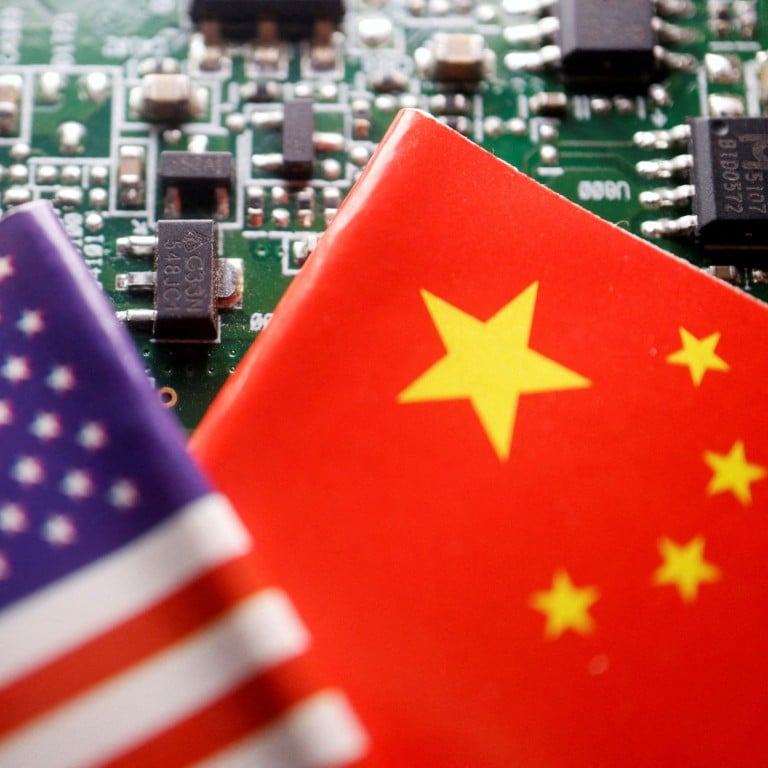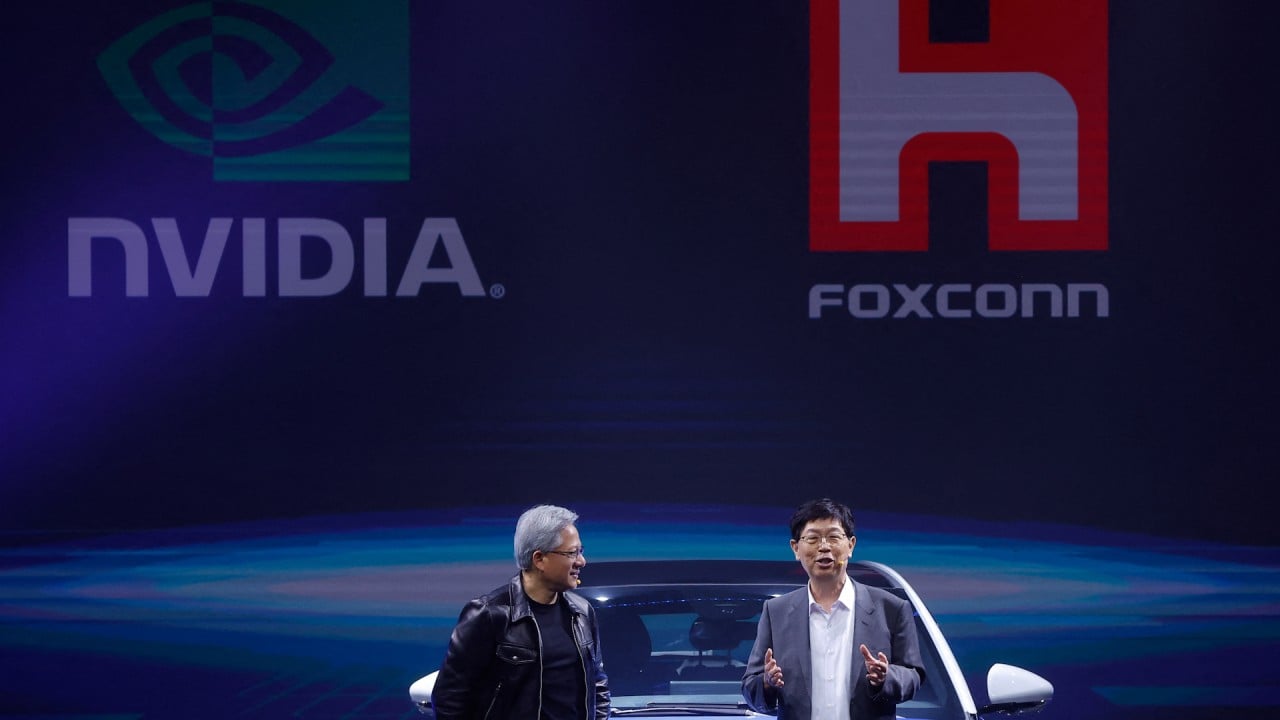
US blacklists 4 Chinese firms for helping military get AI chips
- The companies were added to the ‘Entity List’ for acquiring or attempting to acquire US items in support of Beijing’s military modernisation efforts
- The Commerce Department also restricted exports to 5 companies, including 2 in China, tied to drones used by Russia and Houthis
The United States is adding four Chinese companies to an export blacklist for seeking to acquire AI chips for China’s military, a US official said on Wednesday.
The companies are “involved with providing AI chips to China’s military modernisation programmes” and military intelligence users, the Commerce Department’s Kevin Kurland, an export enforcement official, said at a US Senate subcommittee hearing on strengthening export control enforcement.
The companies are among 11 additions to the Commerce Department Entity List posted by the government on Wednesday. Suppliers need licences, likely to be denied, to ship goods and technology to companies on the list.
According to the posting on the Federal Register, four Chinese entities were added for acquiring and attempting to acquire US items in support of China’s military modernisation efforts. The posting did not detail the reason.
The companies are Linkzol (Beijing) Technology Co, Xi’an Like Innovative Information Technology Co, Beijing Anwise Technology Co and Sitonholy (Tianjin) Co.
In the posting, the United States also restricted exports to five companies that it said were helping produce and procure drones for use by Russia in Ukraine and by Iran-backed Houthis in Red Sea shipping attacks.
Russia has intensified its drone and missile strikes against Ukrainian energy facilities in recent weeks, causing significant damage and threatening a repeat of the blackouts experienced in the first year after Russia invaded Ukraine in February 2022.
The Commerce Department added China’s Jiangxi Xintuo Enterprise Co to the list for supporting Russia’s military through the procurement, development, and proliferation of Russian drones, the posting said.
Chinese-owned oil tanker hit by Houthi missiles in Red Sea
Another Chinese company, Shenzhen Jiasibo Technology Co, was added for being part of a network procuring aerospace components, including drone applications, for an aircraft company in Iran. Three Russian entities – Aerosila JSC SPE, Delta-Aero LLC, and JSC ODK-Star – were added for being part of that network.
“These components are used to develop and produce Shahed-series UAVs which have been used by Iran to attack oil tankers in the Middle East and by Russia in Ukraine,” the Federal Register notice said, referring to unmanned aerial vehicles.
Attacks on ships including oil tankers by Iranian-backed Houthis have disrupted global shipping through the Red Sea. Yemen’s Houthis say they are retaliating against Israel’s war against Palestinian Hamas militants in Gaza.
Companies are added to the US Entity List when Washington deems them a threat to US national security or foreign policy.
Two UAE citations, Khalaj Trading LLC and Mahdi Khalaj Amirhosseini, were added for apparently violating Iran sanctions by exporting or trying to export items from the United States to Iran through UAE, according to the posting.
The companies could not be reached for comment.
US-Chinese military contacts resumed late last year but tensions continue due to fundamental differences over Taiwan and the South China Sea that remain dangerous potential flashpoints.
Chinese leader Xi Jinping has pumped billions into buying and developing equipment as part of his modernising efforts to build a “world-class” military by 2050, with Beijing’s outsize defence budget growing at a faster pace than the economy for some years.


